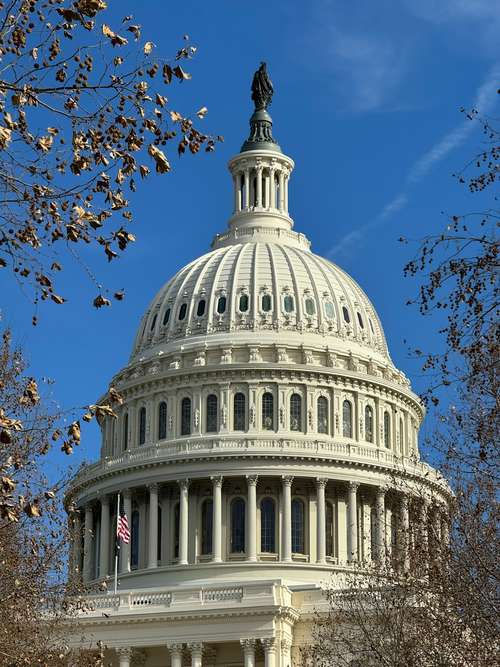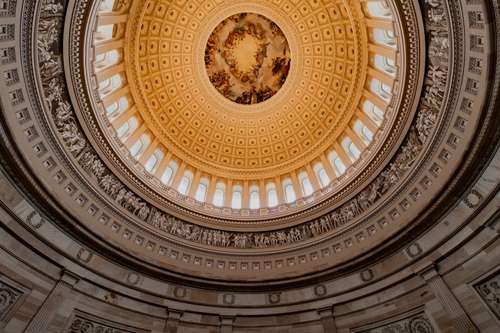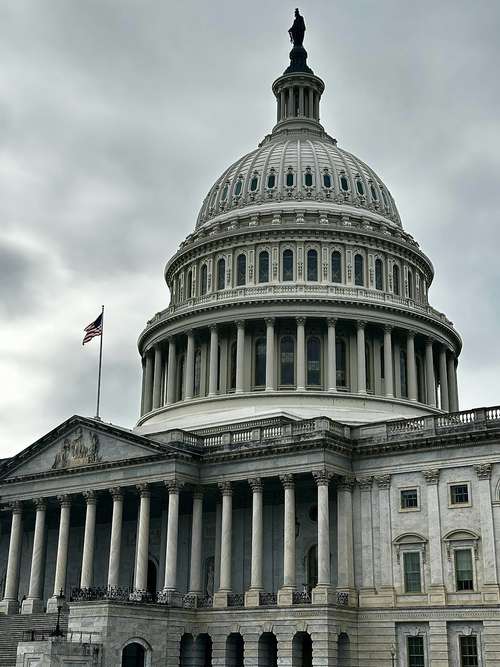Highlights
- Binance rejected 86% of requests from the Israeli military to freeze crypto wallets linked to Palestinians.
- The company’s global head of financial investigations emphasized independent verification before compliance.
- Only 220 of the 1,500 wallets requested by the IDF were found to be involved in illicit activities.
- Binance aims to maintain a balanced approach that respects international law and user rights.
In a move highlighting the balance between regulatory compliance and user rights, Binance, the world's largest cryptocurrency exchange, has refused most of the requests made by the Israeli military to freeze crypto wallets associated with Palestinians.
The exchange's decision has sparked conversations around blockchain ethics, crypto regulations, and the complexities of operating in politically sensitive regions.
Binance’s Independent Investigations and Compliance Strategy
Binance’s rejection of the Israeli military's requests to freeze crypto wallets was not a simple refusal but a result of comprehensive and independent investigations.
According to Nils Anderson Röed, Binance's global head of financial investigations, the company does not merely accept information provided by authorities. Instead, Binance conducts its own open-source intelligence research to verify any allegations.
This approach ensures that the platform adheres to international laws while protecting the rights of its users.
On Thursday, during an interview, Röed explained how the Israeli Defense Forces (IDF) requested the freezing of over 1,500 wallets. After Binance’s investigation, only 220 wallets – representing 14% – were confirmed as connected to illicit activities.
"We cross-check information rigorously. Just because a government claims a wallet is linked to terrorism doesn’t mean we will comply without our own evidence,” Röed stated.
He further emphasized the role of Binance’s legal team, which collaborates with international law enforcement to make informed decisions.
For example, while the IDF might label a wallet as associated with terrorism financing, Binance's independent analysis might reveal it is connected to charitable activities.
Such discrepancies are resolved through consultations with legal experts, ensuring compliance with international standards without compromising the rights of legitimate users.
The Balance Between Blockchain Ethics and Compliance
In August, Binance CEO Richard Teng firmly denied allegations that the exchange had indiscriminately frozen all Palestinian wallets at the IDF's behest. He clarified that only wallets with clear and verifiable links to illicit activities were affected.
“It’s essential that we maintain a responsible and ethical approach in our operations, especially in volatile regions like the Middle East,” Teng commented.
Binance’s refusal to comply with the majority of the requests reflects its commitment to blockchain ethics and transparent practices. The company insists on maintaining a balance between following crypto regulations and safeguarding user rights.
Röed, a cybersecurity expert with previous experience at Europol, mentioned that the company has invested heavily in enhancing its compliance mechanisms. "Our team in regions with political sensitivity, such as the Middle East, ensures that we uphold high standards while managing requests from authorities," Röed noted.
Despite Binance's proactive approach, some critics argue that the company’s refusal to comply with the majority of requests may set a precedent that could challenge the enforcement of global crypto regulations.
However, Binance maintains that such measures are necessary to protect the integrity of the platform and to prevent misuse of its services for unjust purposes.
The Complexities of Crypto Regulations in Sensitive Regions
The UAE and other Middle Eastern countries have been tightening regulations surrounding cryptocurrency in recent years. Binance’s situation highlights the intricate balance required when enforcing crypto regulations in politically sensitive regions.
According to Röed, the exchange has adopted additional protocols to navigate such complexities.
“Compliance without infringing on user rights is a challenge we take seriously, particularly in the Middle East, where political and financial issues are often intertwined,” Röed said.
He elaborated that Binance has set up dedicated teams that operate with heightened scrutiny and multiple layers of checks when investigating such cases. By taking this approach, Binance aims to ensure its actions align with international legal standards while minimizing the risk of unjustly freezing lawful accounts.
In the interview, Röed explained that Binance’s ongoing investments in compliance and cybersecurity measures are designed to improve its operations in areas with high political volatility.
The goal, he said, is to remain a responsible player in the crypto space without compromising its core ethical values.




